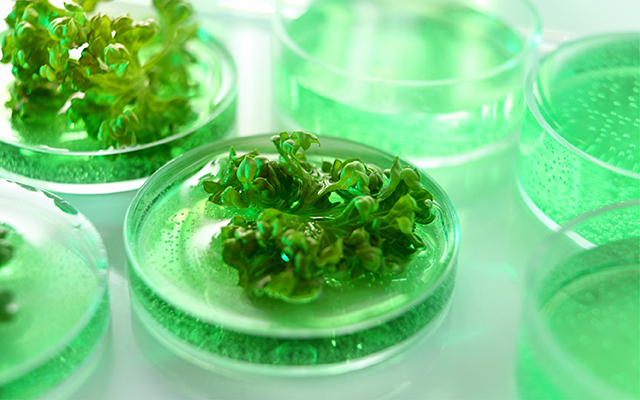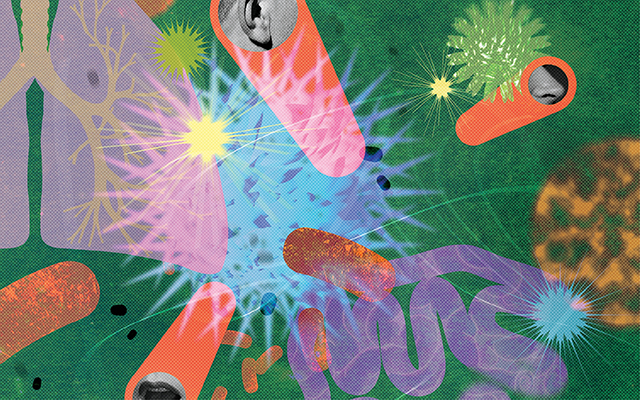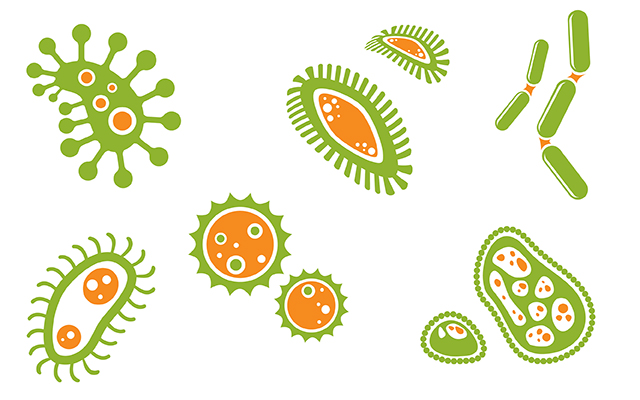Responding to recent calls to broaden and unify efforts to understand the impact of microbes on human life, the White House Office of Science and Technology Policy (OSTP) announced earlier this month the decision to launch the National Microbiome Initiative (NMI), a $521 million plan to promote the unified study of microbial communities.
In recent years, scientists have shown how the trillions of organisms in our guts can have a major influence on our overall well-being, revealing connections between an imbalanced gut microbiome and many types of chronic disease. But microbes are a key component to life outside our bodies, as well. Our planet’s various ecosystems — including oceans, deserts, and the soil in which our food grows — all host their own unique microbial communities.
The NMI will support research efforts across a variety of different ecosystems, including agricultural and marine environments, as well as the human body. The results from these microbiome studies could revolutionize how we approach medical care, environmental conservation, our food system, and even natural-gas production.
Demand for this type of initiative rose last year, when members of the Unified Microbiome Initiative Consortium petitioned the federal government to create an organized national effort to advance microbiome research. Their request was based largely on the burgeoning understanding of microbes as a core component in all life on Earth and the need for a broader understanding of how they interact with each other and their environments.
“So much of what we learned so far is what’s there,” explains the petition’s coauthor, Miyoung Chun, a molecular geneticist who serves as executive vice president of science programs for The Kavli Foundation. “What we don’t know is what the microbes do.”
Microbes from the oceans and the soil interact with carbon dioxide in the atmosphere, and gathering knowledge about these interactions could transform our understanding of climate change. It’s also possible that the calculated manipulation of soil microbes could help us reduce the need for agricultural pesticides and fertilizers and could even present possibilities for new biofuel sources. And if we clarify our understanding of how an imbalanced gut microbiome contributes to chronic illness, medical researchers could develop microbiome-based therapies and diagnostics to reverse many of these diseases before they advance.
“In the past 10 years, we’ve come to understand how essential the microbiome is to the world around us,” says microbiologist Jo Handelsman, associate director for science at the OSTP. “[But] we don’t have good tools to alter microbiomes. The resistance of the microbiome to change is a big challenge to understand.”
The NMI is the latest in a sequence of scientific advancement programs put in place by the Obama Administration, including the BRAIN Initiative and Vice President Joe Biden’s cancer research effort. Funding sources include a $121 million federal commitment, and more than $400 million in contributions from foundations, universities, and other private-sector stakeholders, who pledged investments into specialized areas of research.
The hope is that “everyone’s efforts will go much further by having this efficient process,” says Chun. “It’s an exciting new era of the microbiome field.”
For more on how the trillions of organisms of your microbiome affect your health, read “Your Microbiome: The Ecosystem Inside.”



This Post Has 0 Comments